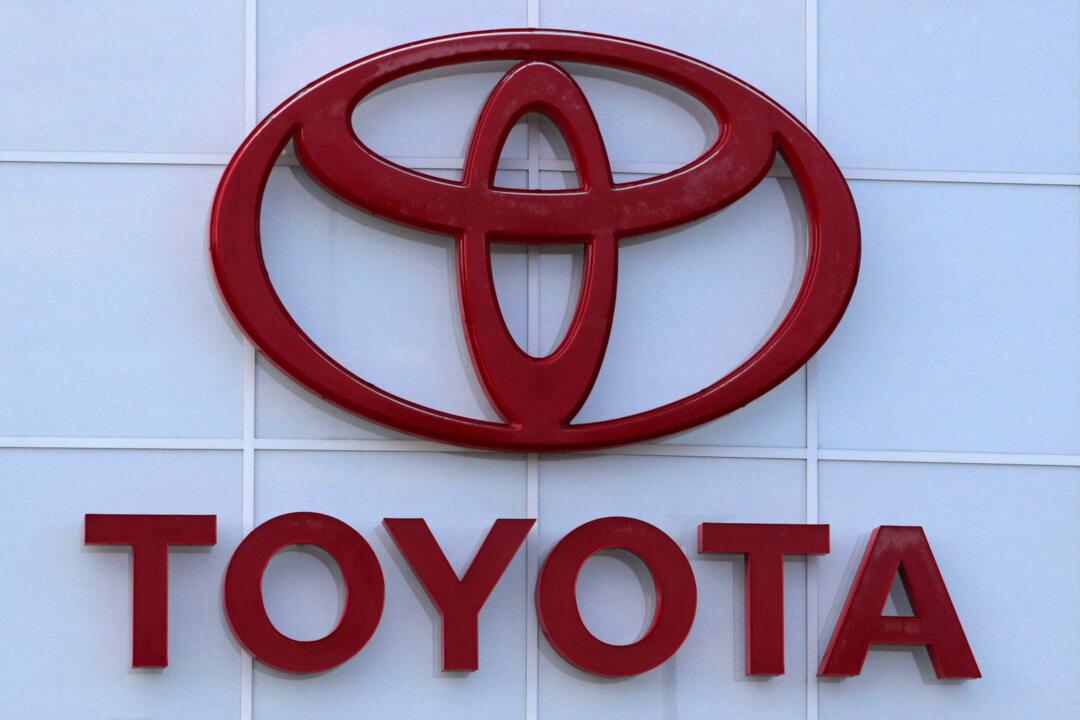Japanese vehicle manufacturer Toyota is recalling more than 100,000 Tundra pickups and Lexus LX cars in the United States over an issue that could cause their engines to lose power while driving, increasing the risk of crashes.
The recall affects 2022 and 2023 model year Toyota Tundra and Lexus LX (conventional gas model only) vehicles, the company said in a safety recall notice issued on May 30.




